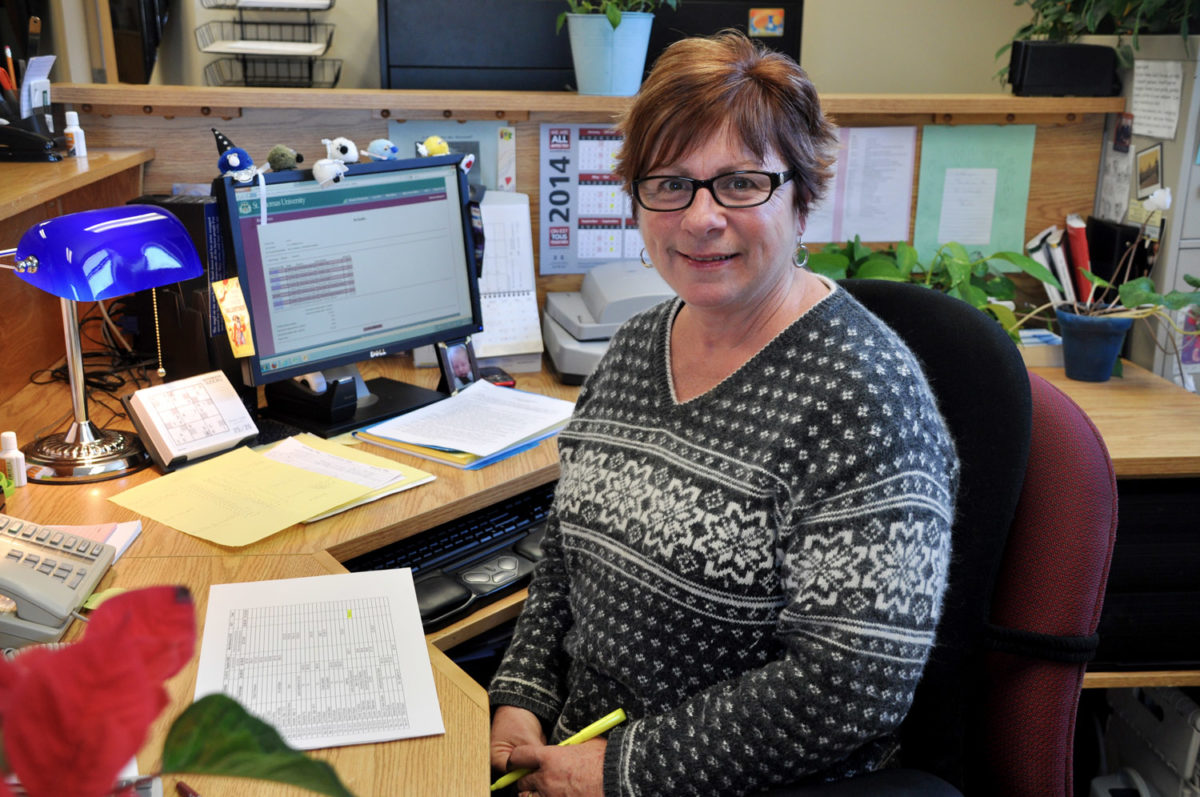
It is likely that St. Thomas professors will not be striking this semester because a tentative agreement was reached in December, however the support and administrative staff might.
President of the support and administrative staff union Jennifer Burry said the union that began in 2010 has been trying to pass its first collective agreement with no success.
“If we were students, then we’d be almost done our degree by now—four years. So, we’ve invested a lot of time. Our members are frustrated and so we’re currently undergoing strike training in case we need to take job action.”
The support administration union includes office administration, facilities management, IT services, recruiters, academic advisors and resident supervisors. The union currently has 55 members.
Unlike the current faculty strike regarding salaries at the University of New Brunswick, the staff union has different obstacles.
“We organized originally because of workplace bullying and discrimination,” said Burry.
Besides workplace bullying, the union is trying to reach a collective agreement on other issues such as consistent and transparent hiring practices, job security and vacation leave.
“We haven’t even talked about monetary yet. Usually all these are solved and then you talk money but we haven’t even solved the bigger issues like harassment, leave, pension, retirement or seniority.”
The union president said the problem isn’t that the administration won’t sign a contract, but negotiation over the terms of the agreement have not been settled. Because of this, the union has been working with a conciliator.
“We’d definitely like to see a commitment of more time dedicated as well as recognition that we’re a certified union and have a say in our workplace,” said Burry.
She said the union is looking for clear language in the agreement.
“Sometimes [the administration] just want to quote management policies, but we want to be able to negotiate what those are, the wording of how those are and what effects and protects our members, especially from harassment and discrimination and work place bullying.”
Burry said productive talks between both parties have been put on hold, and because of that the union has been preparing with strike training. The strike could possibly happen this semester, she said.
“If the union were to strike, then the university would definitely be affected. We have people in the registrars office, IT, finance, etc. So pretty strategic placing that could effect how the university works.”
Burry said the strike would not affect classes for students, but it could affect marks and May graduation.
She said although the staff union and the faculty union are separate, if the support staff went on strike the professors could be affected because some of the staff work directly with faculty.
Burry realizes that the union is only four years old and it does take a while to get a first collective agreement.
“But we do have a lot of members who are going to benefit from this collective agreement and work place standards and we really would like to see talks resume.”
